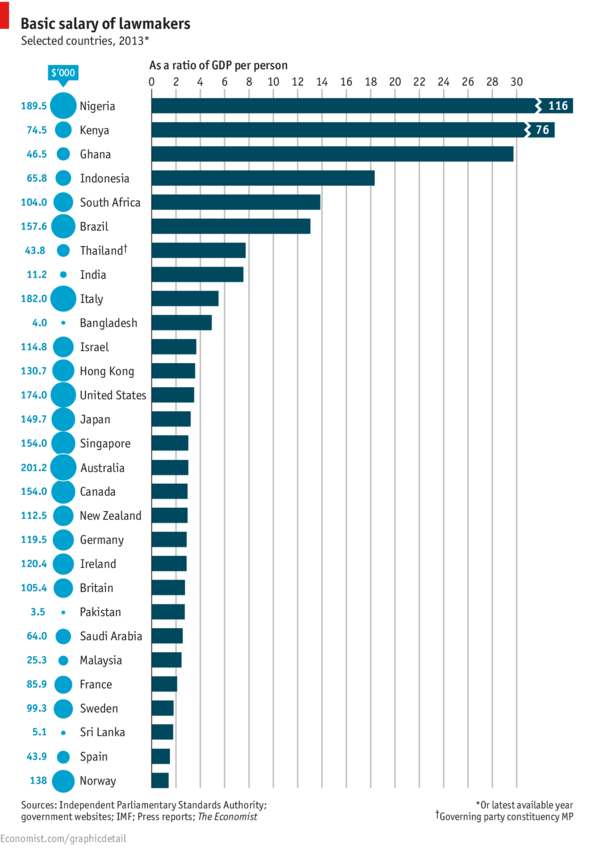
From Freedom At Issue Blog at Freedom House and written by Arch Puddington, Vice President for Research.
For some time now, democracy promotion has been under concentrated attack from authoritarian sources ranging from Robert Mugabe and Vladimir Putin to the leaders of Venezuela. More recently, criticism has spread to the democratic world, with the United States front and center. To some degree, the growing impulse for a less ambitious U.S. democracy policy reflects an understandable, if misplaced, disillusionment with developments in Egypt and the Arab world generally. Increasingly, however, the doubters are calling for an across-the-board retreat that would encompass the likes of Russia and China as well as Egypt and Libya. And joining the traditional critics from the “realist” camp are an assertive new group of libertarian isolationists who have gained influence within the Republican Party.
Meanwhile, the leading authoritarians remain firmly on message. They portray foreign assistance to local reformers as a Trojan horse for violent revolution. They hold up every breach of democratic norms in the leading free societies—particularly the United States—as proof that all countries are equal in their democratic deficits. They are quick to label nonviolent dissidents as terrorists, insisting that all governments should join hands against such “extremism.”
 Clearly, these are difficult times for those who believe that democracy, with all its complexities and imperfections, is far and away the most humane and successful form of government. But a bit of historical perspective should remind us that today’s authoritarians, while more sophisticated than the Politburo chiefs and junta leaders of the past, are at the same time less confident and more vulnerable than their predecessors. The very idea of democracy promotion once seemed preposterous in totalitarian environments where there were no elections, no opposition parties, a totally censored press, vast numbers of political prisoners, and complete state control over civil society. Today, opportunities for democratic gains are apparent throughout the world, even in such hard cases as Cuba and Belarus. But the march toward freedom will move forward only if those who have experienced democracy’s benefits refuse to succumb to the arguments of isolationism and retreat.
Clearly, these are difficult times for those who believe that democracy, with all its complexities and imperfections, is far and away the most humane and successful form of government. But a bit of historical perspective should remind us that today’s authoritarians, while more sophisticated than the Politburo chiefs and junta leaders of the past, are at the same time less confident and more vulnerable than their predecessors. The very idea of democracy promotion once seemed preposterous in totalitarian environments where there were no elections, no opposition parties, a totally censored press, vast numbers of political prisoners, and complete state control over civil society. Today, opportunities for democratic gains are apparent throughout the world, even in such hard cases as Cuba and Belarus. But the march toward freedom will move forward only if those who have experienced democracy’s benefits refuse to succumb to the arguments of isolationism and retreat.
Here are a few things for democracy’s advocates to bear in mind as they engage in the debate over the future course of the struggle:
Don’t accept the “who are we to judge” argument: In promoting democracy, governments and activists are not imposing their own self-righteous judgments on unwilling foreign societies. In fact, the most powerful statements in support of freedom and human rights have been made by those who have endured oppression: Sakharov, Wałęsa, Aung San Suu Kyi, Mandela. In every instance, the heroes of the freedom struggle—including today’s lesser-known figures—have appealed to the United States, Europe, and other democratic societies for solidarity and help. They are our allies. They are under fire. They deserve our assistance.
Remind the skeptics of what you support: The basics of democratic governance are straightforward: honest elections, freedom of speech and the press, rule of law (meaning a judiciary that is independent of political domination), an end to torture and persecution, the protection of minority and women’s rights. Governments endowed with the legitimacy that comes from true popular consent do not fear these values. Leaders who raise the specter of coups and infiltration when confronted by a reform movement, who conflate modest political openings with Iraq-style invasions under the tainted rubric of “regime change,” are betraying the unease of illegitimate rulers throughout history. The undeniable fact is that authoritarian systems, by their nature and structure, cannot uphold basic human rights like those listed above. Given such a regime, change is both necessary and desirable, and history has shown again and again—from Poland to Taiwan—that it need not be accompanied by war or calamity.
Reject the consistency trap: A former U.S. senator recently chastised critics of Russia for—hold your breath—ignoring the failings of China! This is faulty thinking on several fronts: First, advocates of global democracy are altogether aware of China’s role as the world’s most economically successful dictatorship and devote considerable attention to its authoritarian innovations. Second, democracy advocates quite rightly pick and choose their targets of the moment based on opportunities for change, whether repression is hardening or easing, the harshness of a given crackdown, and so forth. A statement critical of Zimbabwe need not invariably be accompanied by one directed at Saudi Arabia. Third, the consistency argument ranks among the trustiest dodges of dictators as they seek to change the subject from their own abuses to the alleged deficiencies of other states, usually the homelands of their foreign critics. We expect such tactics from dictators; we should push back aggressively when similar formulations are advanced by prominent figures in the democracies.
Criticize, but don’t apologize for, the United States: The United States is complicated, its democracy is imperfect, and it is going through a period in which political polarization prevails. Activists working in other countries should not hesitate to acknowledge America’s problems and criticize Washington’s errors. But they should also remember that the United States is home to genuinely competing parties, an independent judiciary, an aggressive press, and thousands of civil society organizations whose missions touch on every social problem and every democratic defect, from prison conditions and undocumented workers to violence against women and political corruption. There is even an association for the defense of national security whistle-blowers. Democracy does not produce infallibility, it simply provides a society with the means for peaceful self-correction. Moreover, on the international stage, good deeds can be performed by sinners as well as saints. Where the spread of freedom is in the balance, America, despite its faults, is one of the very few countries with the power and predisposition to push events in the right direction.
Rebuff the sovereignty argument: While a measure of hypocrisy is inevitable in diplomatic affairs, there are limits. Vladimir Putin, who invokes sovereignty when confronted by foreign criticism over domestic repression, is currently engaged in an aggressive assault on the sovereignty of neighboring countries that have decided to orient their economies toward the EU. China’s regime is bullying its neighbors over territory and has increasingly gone beyond its borders to silence inconvenient critics. The Syrian government is likely responsible for the murder of political figures and journalists in Lebanon who sought to free their country from foreign domination. We are entering a realm in which autocrats assume the right to decide what qualifies as sovereignty and what does not. It is worth asking these rulers for their credentials as the supposed representatives of their sovereign people. They will have nothing to show but rigged elections and squatters’ rights.
Remember, it’s the autocrats who are worried: The internal divisions that beset the world’s democracies today are loudly and publicly declared. But even as the United States experiences legislative gridlock and Europe falters over a strategy for economic recovery, their democratic institutions remain strong and their futures bright. Reform advocates seek more democracy, not less. Meanwhile, China regularly issues instructions on what can and cannot be written or said, dismisses professors for independent thinking, and jails internet users for questioning official narratives. In Venezuela, massive power outages and a breakdown in law and order are blamed on spies and saboteurs. Russian officials threaten opposition candidates with jail and seek to drum up popular support by scapegoating minorities. These actions suggest an intense fear of open debate and a recognition that the idea of freedom is more powerful than the evasions and deceits on which their rule is based.
Leave a Reply